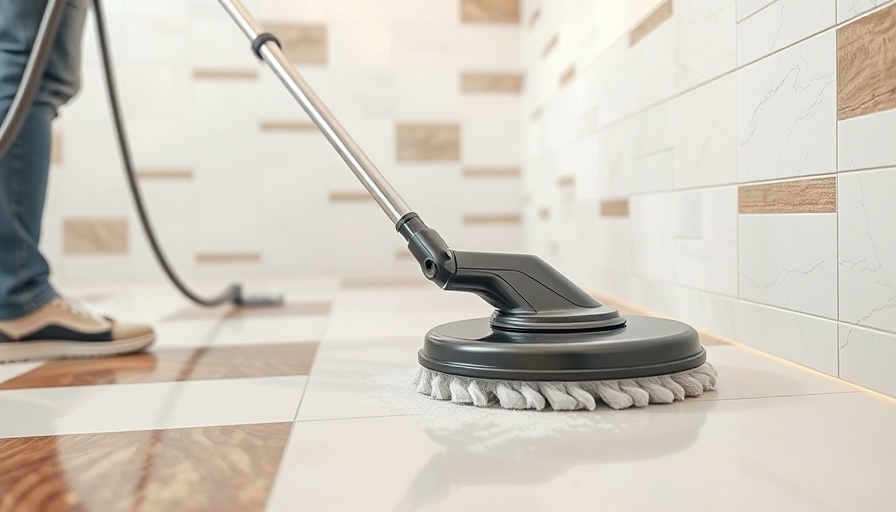
The Essential Guide to Cleaning Ceramic Tiles: Steps to Achieve a Sparkling Finish
Ceramic tile floors offer a combination of durability and style, making them a popular choice for many homeowners. However, just like any flooring material, they require a consistent cleaning routine to maintain their shimmering appearance and structural integrity.
Why Regular Cleaning Matters
Over time, dust and dirt accumulate on ceramic tiles. If left unchecked, these particles can scratch the tile surface, leading to permanent damage. Neglecting tile cleanliness can also result in dark, unsightly grout lines, diminishing the overall aesthetic appeal of your home. Regular maintenance not only keeps tiles looking new but also prolongs their life.
Effective Cleaning Techniques for Ceramic Tiles
To keep your ceramic tile floors spotless, follow these simple cleaning steps:
- Daily Cleaning: Sweep or vacuum the tiles to remove dirt, grit, and sand. This should ideally be done 2-3 times a week to prevent scratches.
- Weekly Deep Cleaning: Mop the tiles with a mixture of warm water and mild detergent. Avoid oil-based cleaners, ammonia, or bleach, as these can ruin the finish.
- Spot Cleaning: For difficult stains, a paste made of baking soda and water can be effective. Apply it to the stain and scrub with a soft cloth.
Deep Clean Your Tiles: It's Not as Hard as You Think
For tougher residue, investing in a steam mop can be beneficial. This versatile tool uses heat to lift stubborn dirt without damaging tile surfaces. Steam mops typically range in price from $50 to $100, offering a cost-effective alternative to hiring professional cleaning services.
Maintaining Ceramic Tiles in High Moisture Areas
Areas such as showers and bathrooms pose additional cleaning challenges due to soap scum and mildew. To maintain these spaces effectively, always use a squeegee after showering to remove water and soap residue. Regularly utilize a 50/50 solution of vinegar and water to disinfect and shine ceramic wall tiles.
Additional Tips for Long-lasting Tiles
- Check for Damage: Regularly inspect your tiles for cracks or chips and repair them promptly to avoid larger issues.
- Use Natural Cleaning Agents: Consider eco-friendly solutions like vinegar, baking soda, and tea tree oil for cleaning, as they are effective and safe for your family and pets.
Conclusion
Keeping ceramic tiles clean doesn’t have to be a tedious task. By adopting these simple techniques, you’ll not only enhance the beauty of your home but also increase the lifespan of your flooring. Remember, regular maintenance is key. So, equip yourself with these helpful tips and enjoy a fresh, vibrant ceramic tile floor!
 Add Row
Add Row  Add
Add 




Write A Comment